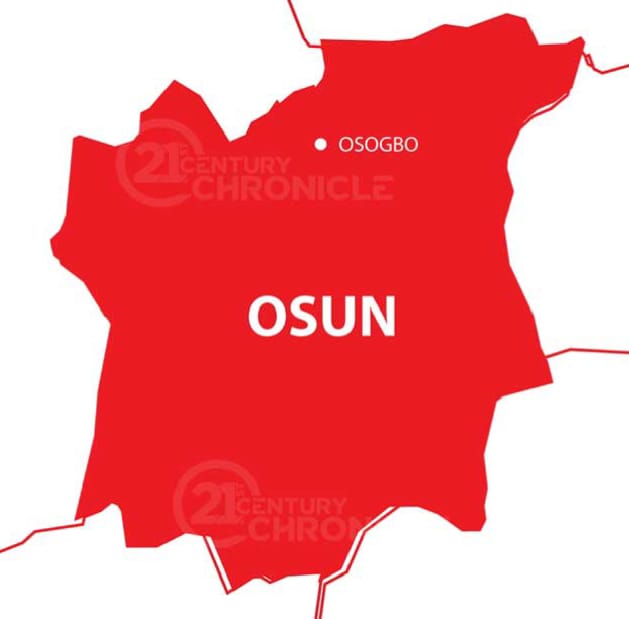UNILAG explains why exposing students to European studies
[ad_1]
University of Lagos (UNILAG), Akoka, has explained reasons for exposing its students to European studies where learners are exposed to general knowledge about European countries as regards their social and economic systems and values, cultures, languages and the awaiting economic opportunities.
The Coordinator of the UNILAG-Jean Monnet Module Programme, Professor Olufemi Saibu, gave the explanation in an interview with Tribune Online.
He said the special studies, which are free and open to only students at 200-level irrespective of their courses of studies are being run under the European Union (EU)-Africa Connect Project.
He said the training programme would enable participants who might or might not have any background knowledge about European countries and activities of the EU, to have a deeper understanding of EU countries and their connection with Africa before graduation.
He said the overall objective of the programme is to equip participants with appropriate cutting-edge skills and knowledge that are sufficient for relating well with the EU systems and institutions at local and international levels and also for making informed decisions and contributing to African economic and socio-political integration and connectivity with Europe, and the global community.
He said that was why the programme would run for three years and in sequential under three formats- summer school, seminar and conferences.
Speaking further, Saibu, who is a professor of economics, said it is not only that African universities are always emphasised only the study of foreign languages such as French or German and so forth, most of such academic programmes are not designed to address interdisciplinary nature of EU studies, particularly as regads their political institutions, economic and social interactions.
He said now with the programmes with 150 targeted students as participants, many European scholars from France, Germany, Spain, Netherlands, Bulgaria and so forth are to teach the students about their country peculiarities including economic and social systems, languages, cultures and values as well as their common bond as EU members.
He said they would be physically present alongside their Nigerian counterparts on campus as their presentations would be mostly practicals.
While giving the theme of the programme as: “Bringing Europe closer to Africa,” Prof Saibu said the students would go through five major modules, namely: Understanding Europe, connecting Europe to Africa, policy research and data analysis, as well as EU Council Parliament simulation.
He said the timetables for the programme were designed in such a way that they would not clash with the participants’ regular lecture times.
One of the facilitators, a German, who is an associate professor at the Department of European Languages at UNILAG, Dr Gerald Heusing, said the special studies would further prepare the students to be work- ready and relevant ahead of graduation.
According to him, there is the diversity of culture and values not only from one country to another but also across the continents and it’s therefore important that students are well prepared to compete favourably in the global market.
He said he had gained a lot about Nigeria and African cultures and values and was optimistic that the trainees would be better equipped with the right knowledge and skills in the areas of studies than their non- participating mates.
Some of the students, however, explained to Tribune Online that their expected knowledge gained from the programme would certainly enhance their performance in their regular studies and also their career progression after graduation.
Ahmad Masud and Precious Oboh, a medical laboratory science and a mass communication student, respectively, for example, said they were already learnt new things about Europe and Africa.
They said the class was not only interactive but very engaging and now had started thinking about how to use the knowledge and skills from the programme to better their lots and the economy.
READ FROM ALSO IGERIAN TRIBUNE
[ad_2]














Post Comment